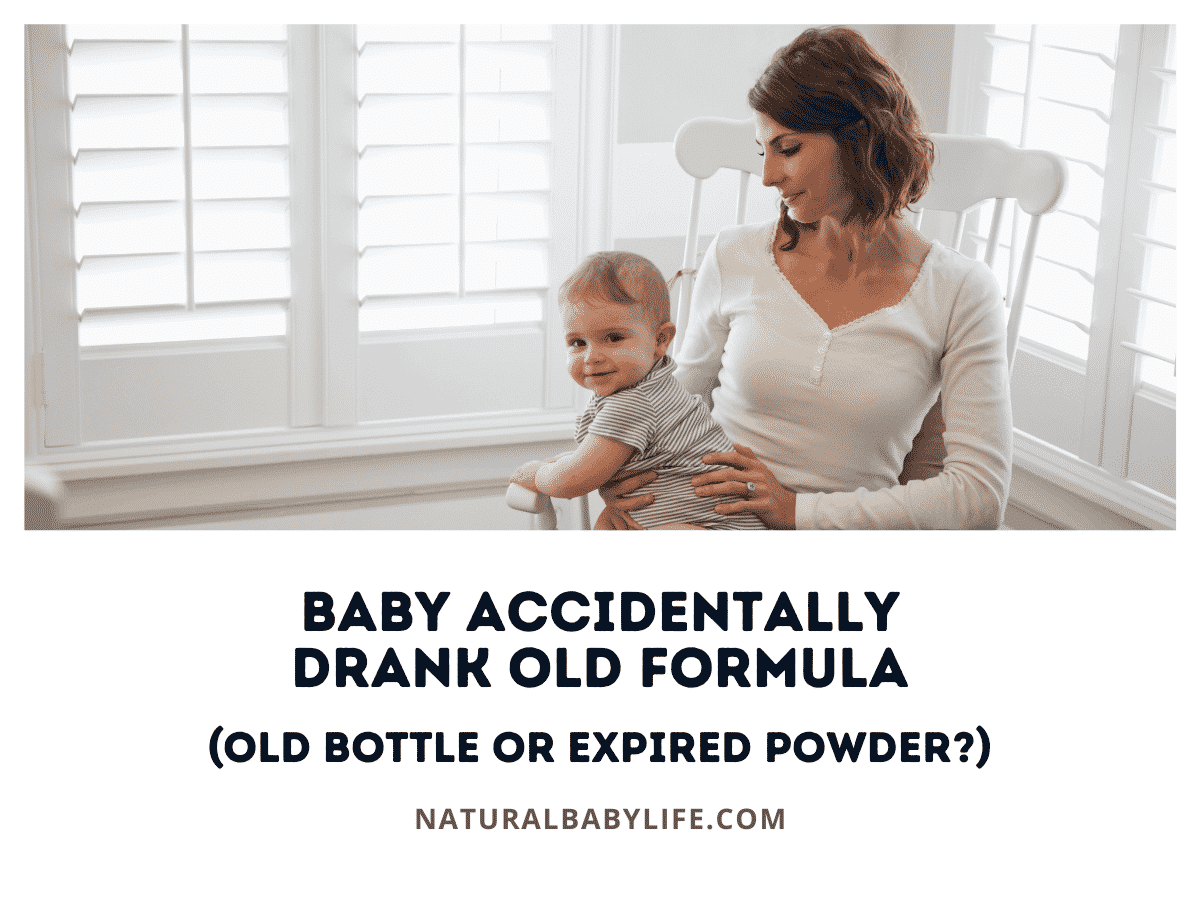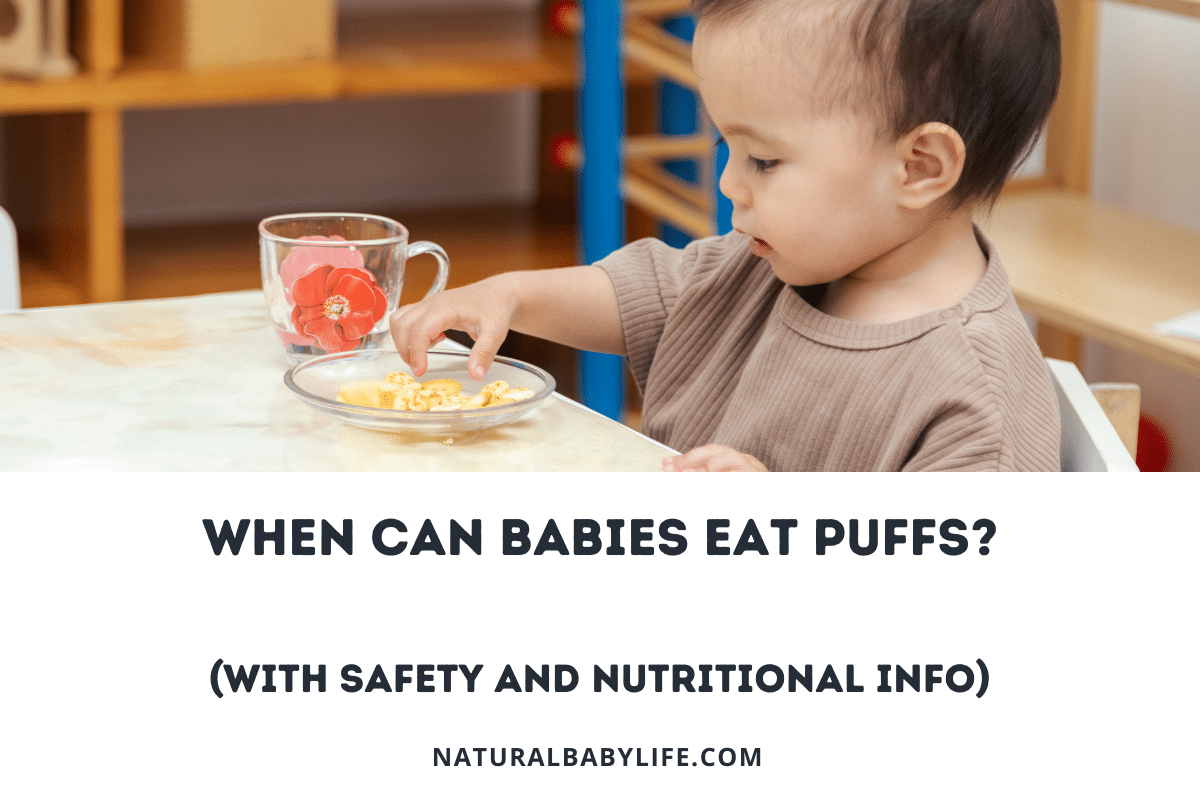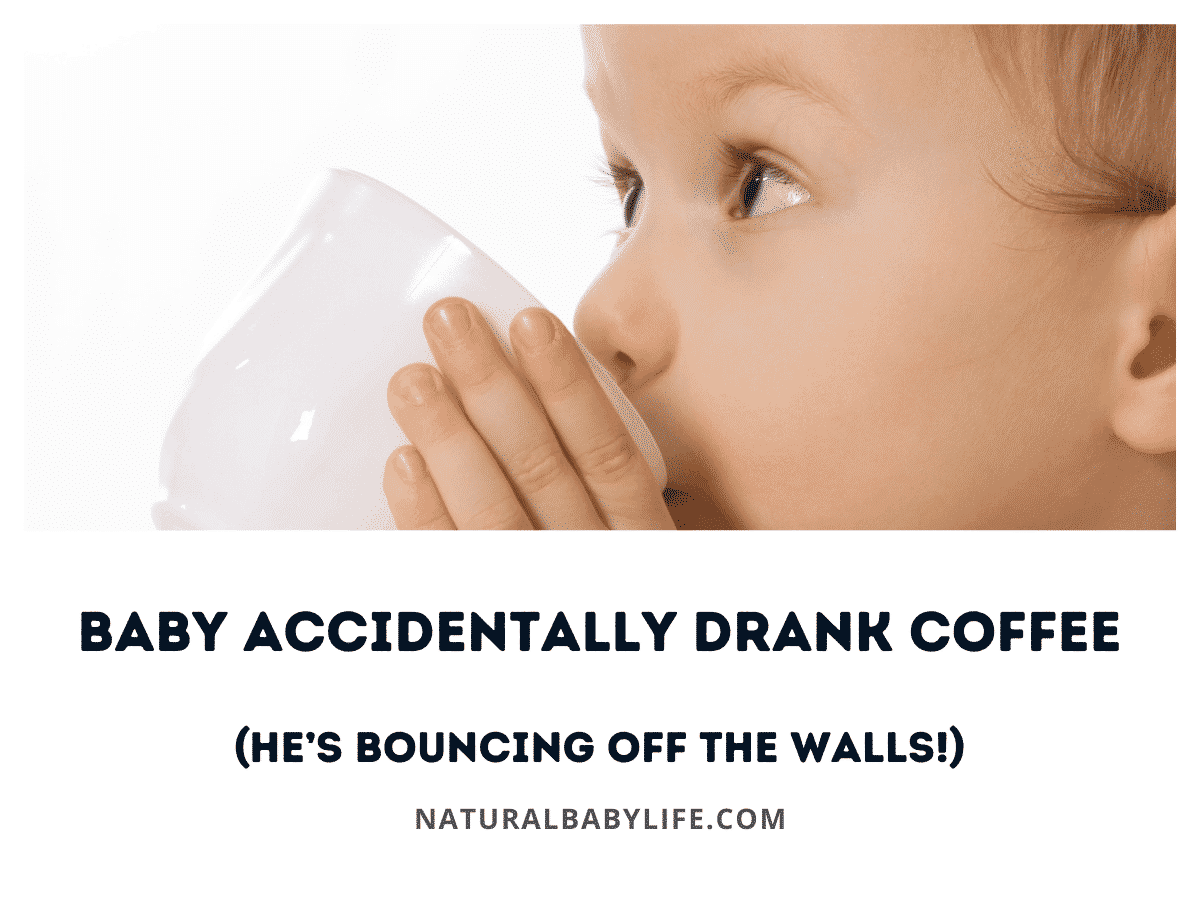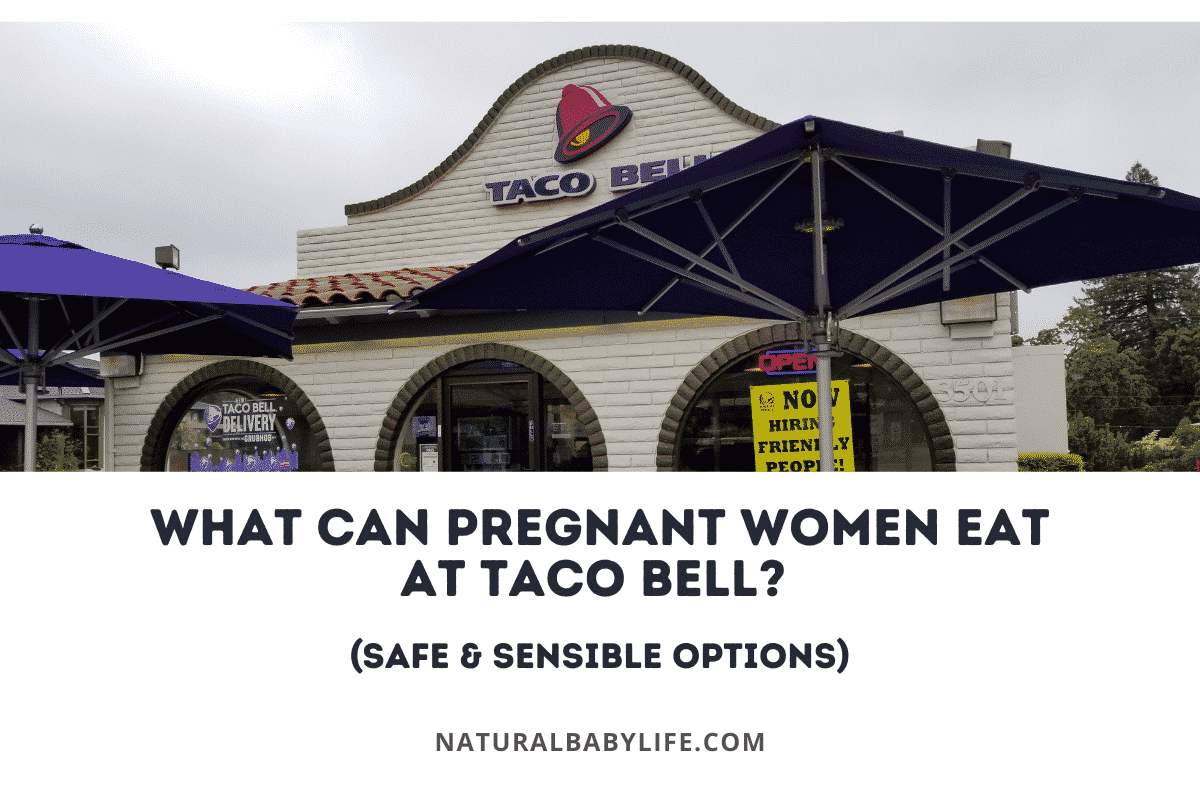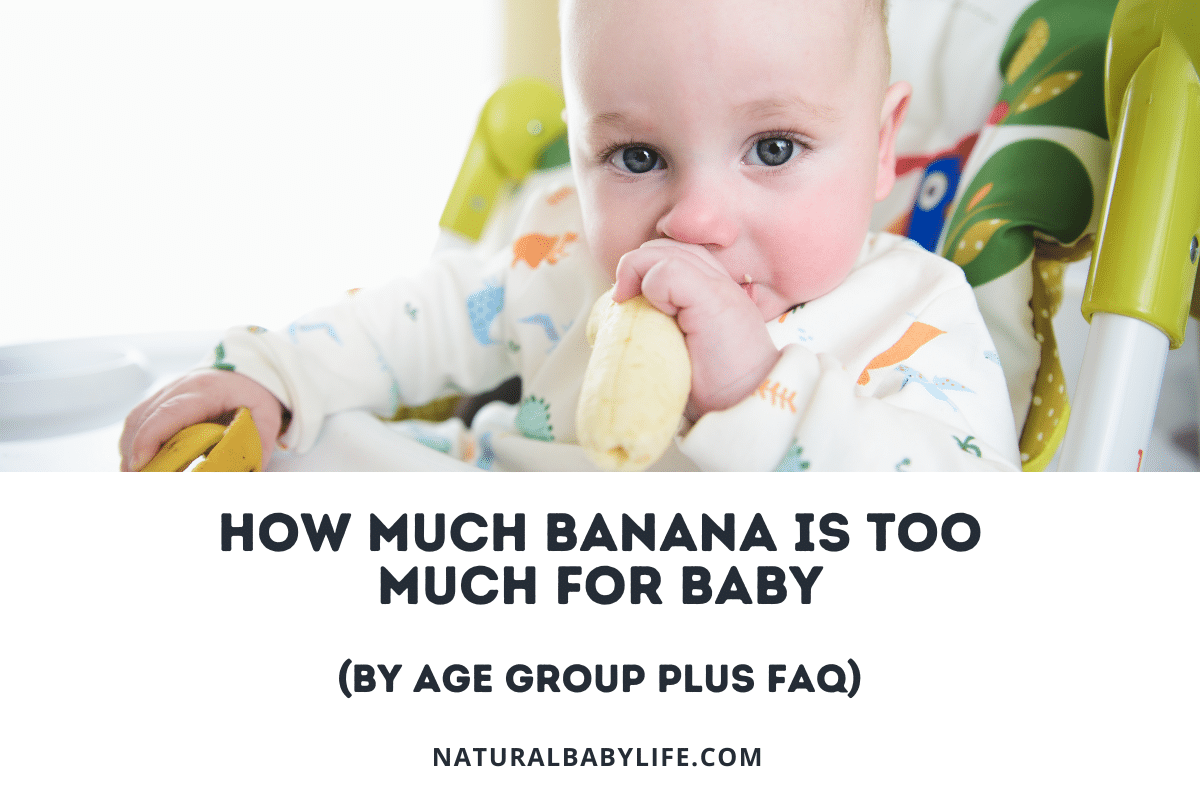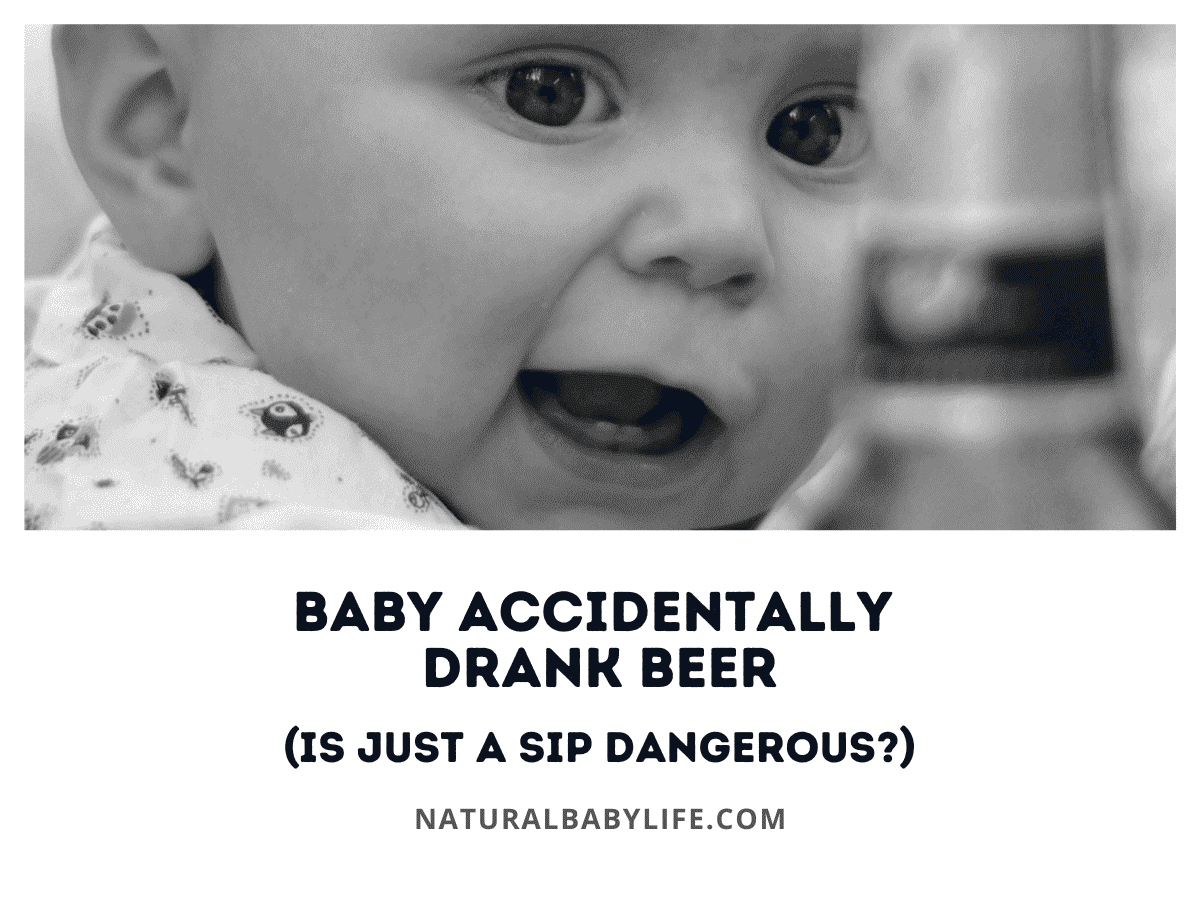Are you panicking because you think your baby accidentally drank old formula? Life can be confusing at 3 a.m. and you’re on your umpteenth feeding with a fussy baby. More than one parent has later questioned whether they picked up an old or fresh bottle and then wondered if their baby will become super sick if they accidentally drank old formula.
Accidentally drinking old formula can increase the risk of foodborne illness but it’s rare for babies to become ill. If your baby does have severe vomiting, diarrhea, or fever, she should see a doctor immediately. Expired formula powder will be less nutritious and should be replaced but is not spoiled unless it is visibly discolored or smells off.
It can be hard to keep track of what’s safe for your baby to eat and what isn’t. Keep reading for the pediatrician-recommended guidelines for safe feeding practices, as well as some tips and tricks to help keep your little one’s food safe.
Table of Contents
What happens if my baby drank old formula
While it can be tempting to freak out after you realize your baby just drank a bottle of old formula, try not to panic!
While an old or improperly prepared bottle of formula can put your child at risk of foodborne illness, it’s not a guarantee that your little one is actually going to be ill. Think of it this way: every time you sneak raw cookie dough, you’re increasing your risk of getting food poisoning, but you don’t get sick every single time a bit of raw egg enters your mouth.
While there’s only a small likelihood that old or expired formula will make your baby sick, it’s still very important to avoid feeding your little one questionable baby formula. That’s because if your baby does get food poisoning, the illness can be much more severe than it might be in an adult.
Young children have developing immune systems that can’t fight off infections as easily as adults can, which makes food poisoning much more dangerous.
If your baby does drink an old bottle of formula, you’ll want to keep an eye out for symptoms of illness and see a doctor right away if your child is unlucky enough to develop food poisoning.
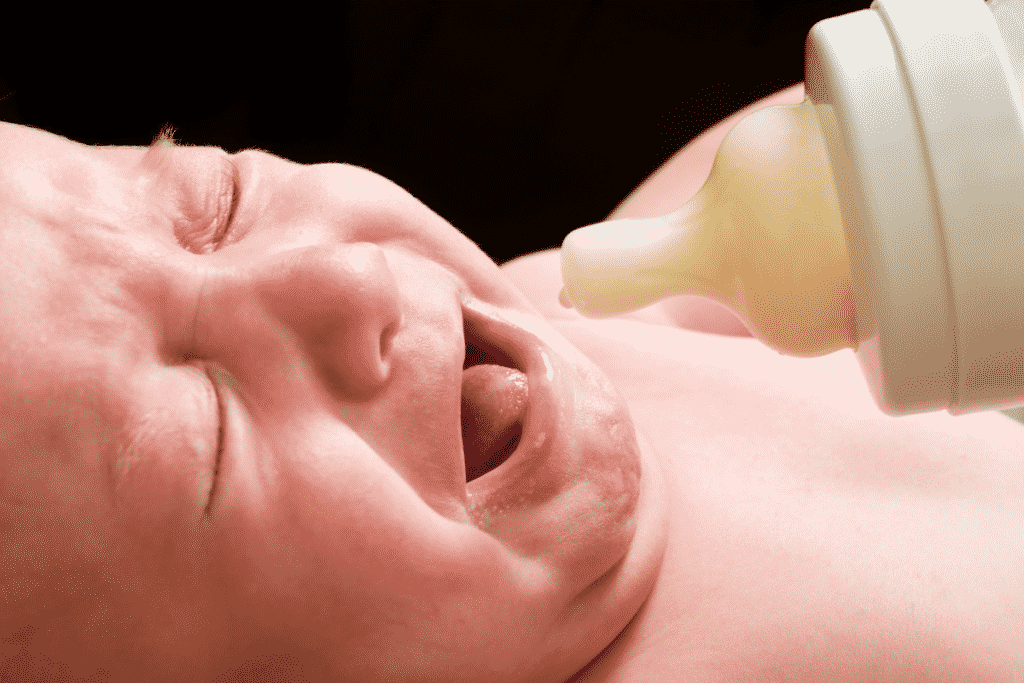
Baby drank an old bottle of formula
If your baby drank an old bottle of formula (one that you mixed over an hour ago), the biggest risk is of food-borne illness.
The CDC recommends that any formula prepared should be consumed within two hours at room temperature or within 24 hours if refrigerated. Bacteria can grow quickly in the prepared formula, especially if the bottle is left out at room temperature.
If your baby’s mouth touches the bottle, it should be consumed within 1 hour. Bacteria from your baby’s mouth can mix with the formula to grow bacteria.
If your baby does become sick, you’ll likely notice vomiting or diarrhea as their body tries to flush out the contaminated food. Both vomiting and diarrhea can quickly cause dehydration, so if your baby does become ill, make sure you’re keeping them hydrated and rested.
If your baby develops a fever, stops peeing regularly, or seems listless, you should seek immediate medical care.
Baby drank a bottle made with expired formula
When it comes to expired formula (powder or liquid that is past its ‘best-by’ date), your baby likely won’t get sick by drinking it. The big worry with expired formula is that the nutrients in the formula start to break down after the expiration date.
That means that if your baby drinks expired formula, they may not be getting all the vitamins and minerals they need from their bottle.
One bottle made with expired formula probably won’t do any harm, but consistently using expired formula can put your baby at risk of nutrient deficiencies.
How long is prepared baby formula good for?
In general, baby formula is good for about two hours after it’s been prepared.
Some circumstances, such as refrigeration and whether your baby has drank from the bottle, can change the length of time before the prepared baby formula goes bad.
How long is baby formula good for after it’s mixed?
The World Health Organization (WHO) states that formula should be consumed within two hours of mixing it (or two hours after opening a bottle of liquid formula kept at room temperature).
Formula is often made with a dairy base, which means that if it sits at room temperature for longer than a couple of hours, it risks going bad. The longer formula sits at room temperature, the more danger it can pose to your baby.
If you refrigerate a premixed bottle of formula, you slow the growth of bacteria and increase the amount of time before the formula goes bad. A refrigerated bottle of formula (powder-mix or liquid) will last for 24-48 hours, so if you want to make a bottle ahead of time for babysitters or daycare providers, you can!
Just make sure you store it in the fridge.
How long is baby formula good for after baby starts drinking?
Once your baby starts drinking a bottle of formula, they’re on the clock.
Experts recommend finishing a bottle of formula within an hour; any longer than that, and the bacteria in your little one’s mouth can start replicating inside the bottle of formula and make your baby sick.
If your baby doesn’t finish their bottle within an hour of starting it, you’ll want to dump any formula left in the bottle.
Can you reheat baby formula?
If you’ve been storing premixed formula in the fridge, it’s okay to gently warm it before giving it to your baby.
While cool bottles are technically safer (the lower temperature inhibits the growth of bacteria) many babies won’t drink formula cold and warmed formula eaten promptly shouldn’t make your little one sick.
To reheat the formula safely, run the full bottle under hot water or rest it in a bowl of warm water. Never use a microwave to reheat the formula, as it can create hot spots in the liquid that can burn your baby’s mouth (and provide an optimal environment for bacteria to replicate!).
Always check the temperature of the formula before feeding it to your baby; the liquid should feel warm, but not hot to the touch.
If you’ve already warmed a bottle once, don’t stick it back into the fridge and reheat it again later. Each time you reheat the bottle, you increase the chance for bacteria to grow in the liquid.
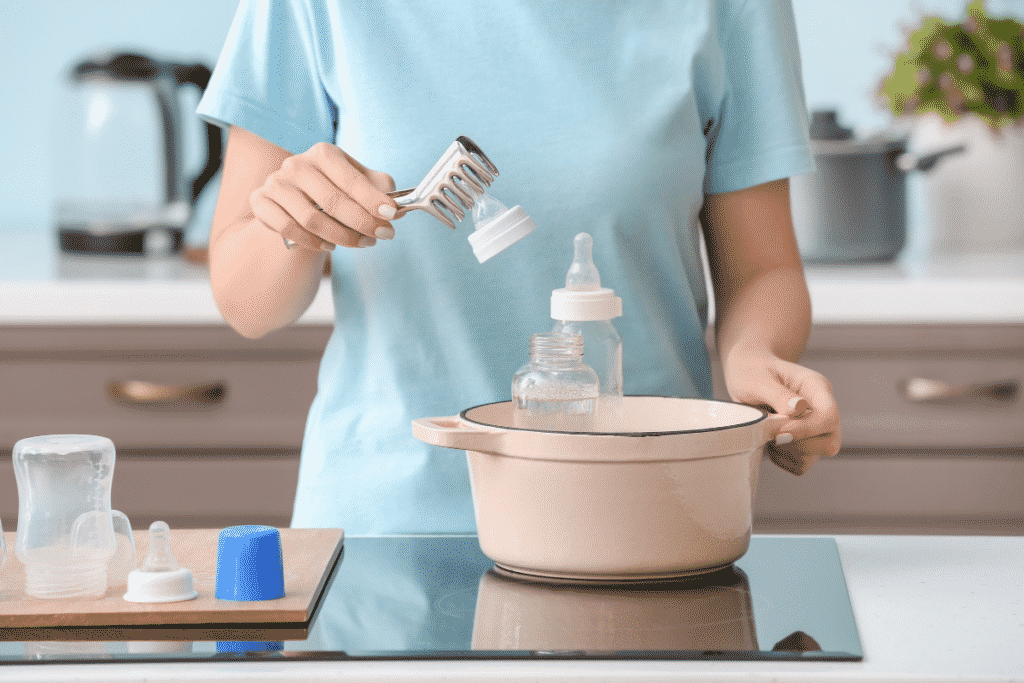
Does powdered formula go bad?
Powdered formula usually comes with a ‘Best By’ date stamped onto the can.
The expiration date refers to the point at which the nutrients in the formula begin to break down, so technically, ‘expired’ formula is often still safe to eat (even if it’s not as nutritious for your baby).
In some cases, problems with packaging can allow water or bacteria to get into a can of powdered formula and contaminate it. If your powdered formula is unsafe to eat, the packaging will likely appear warped or opened, the powder may smell musty or moldy, and you may even see some mold on the powder or in the container.
Trust your instincts: if you think the formula looks or smells strange, throw it away and don’t feed it to your baby.
How long does powdered formula last?
A sealed can of powdered formula can last for years as long as it’s stored correctly.
After it’s been opened, however, manufacturers recommend using the can within a month to help keep the formula fresh and prevent the nutrients from breaking down.
Can you use baby formula after the expiration date?
Technically, yes – you can use baby formula after the expiration date listed on the can.
As long as the formula doesn’t seem spoiled (it’s not clumping, molding, or smelling) then the formula should be safe for your baby. With that being said, after the expiration date, the nutrients in the formula begin to break down. That means that the older a can of formula is, the less nutritious it will be for your baby.
It’s best to look for the newest cans of formula at the store, and never buy expired formula if you can help it.
How long is powdered formula good for after opening?
Nearly every big brand of powdered formula lasts for about a month after opening.
Keep in mind that if you purchase an organic variety of powdered formula, the powder might expire earlier depending on the ingredients. Check your specific brand of formula for their recommendations, and when in doubt, toss a formula that’s been open for more than a month.
How to tell if powdered formula has gone bad
If your powdered formula has gone bad, you may notice:
- Clumping or hard lumps in the powder
- A strange, musty smell
- Mold or discoloration in the container
- Bulging lids or broken seals on the container
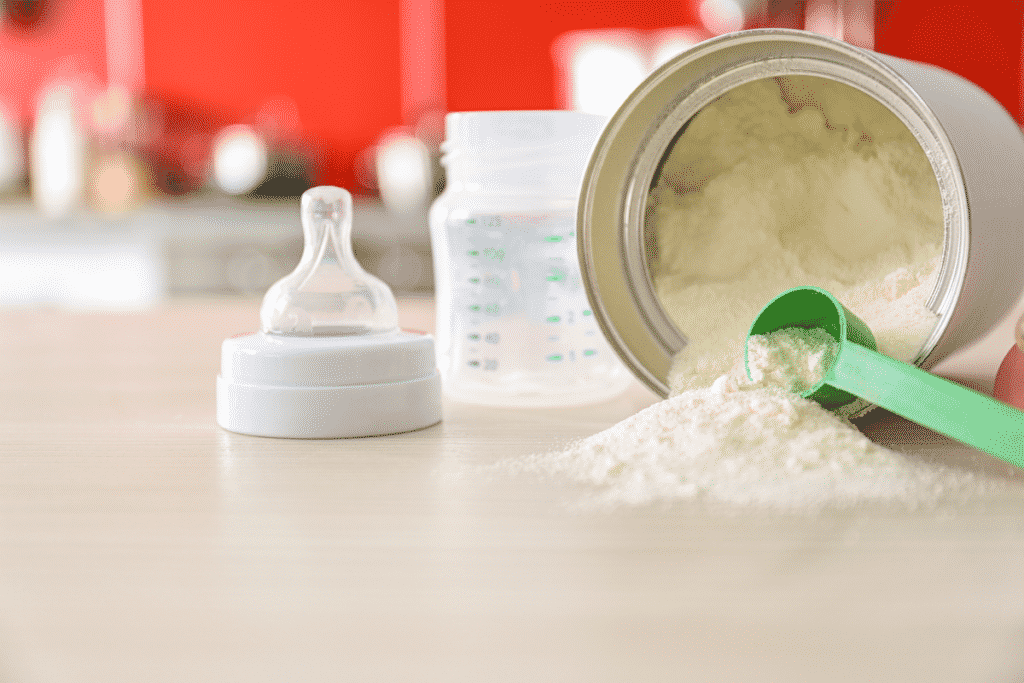
What to do with expired baby formula
While it may be tempting to make do with the expired formula, it’s best not to use it.
If you aren’t keen to toss formula (that stuff is expensive!) then you can try to take it back to the grocery store for a refund. If your formula is unopened, some stores will let you exchange it for a new can.
Return policies vary by store, though, so make sure you keep any applicable receipts and check your particular store’s policy.
Can babies get sick from drinking old formula?
While it is possible for babies to get sick from drinking old formula, it’s rare for serious problems to occur, whether your baby drank 2-hour-old formula or your baby drank 24-hour-old formula.
If your baby drinks a bottle that was left out for 3 hours instead of the recommended 2, for example, the odds of your little one getting sick are very low. Likewise, if your baby drinks some formula just past its expiration date, it’s probably not a big deal.
If your baby finds a bottle under the bed that’s been there for days, they may throw up the spoiled formula – if they drink much of it at all, that is. Remember, babies can be notoriously picky eaters: if a bottle of formula has gone bad, it’s unlikely that your little one will finish drinking it.
You don’t want to drink sour milk, and odds are your baby won’t either!
The most serious cases of food poisoning are in very young babies (less than 3 months old), premature infants, or children with a weakened immune system.
Baby drank expired formula
If your baby did drink old or expired formula, it’s important to watch them closely for symptoms of food poisoning.
Food poisoning usually occurs 1 to 24 hours after your child has eaten bad formula, and symptoms usually last 1 to 2 days. If your child is throwing up or has diarrhea, you’ll want to keep them hydrated with water or breastmilk until the spoiled formula has worked through their system.
Dehydration is the biggest risk factor of food poisoning in babies, and severe dehydration can set in very quickly.
Cronobacter infections
The germ that poses the most severe danger to formula-fed babies is called Cronobacter (formally known as enterobacter sakazakii).
While Cronobacter can be found in several types of dry foods (herbal teas, powdered milk, starches) it’s most infamous for its ability to survive in powdered infant formula. Cronobacter infections can be very serious for babies, as the infection can lead to secondary blood infections or meningitis, both of which can prove fatal.
Cronobacter can contaminate formula in the processing facility where it was made, or you can accidentally do it in your home by setting the scoop down on a contaminated surface or using the scoop with unclean hands.
Up to 4 in 10 babies who develop meningitis from Cronobacter can die, and those who survive can develop serious brain damage. While Cronobacter is scary, it’s luckily also very rare.
Storing and mixing baby formula properly can help lower the risk of Cronobacter infections in your baby, although if your child is younger than 3 months or was born prematurely, you may want to breastfeed or use a liquid formula to further minimize the risk of infection. One of the earliest signs of a Cronobacter infection is a fever and very low energy.
If your child has these symptoms, you should seek medical attention.
Symptoms
If your baby gets sick after drinking old formula, these are the most likely symptoms:
- Vomiting – Your child may begin throwing up 1-24 hours after drinking bad formula. As soon as the spoiled food is out of their system, their stomach should settle (usually 1-2 days).
- Diarrhea – Although it might be less evident than your baby throwing up, diarrhea can actually be a dangerous symptom of food poisoning. It can lead to severe dehydration, so make sure you feed your baby plenty of liquids. Diarrhea can also cause nasty diaper rashes, so change your little one’s diaper regularly. This symptom should pass within 1-2 days.
- Fever – If your baby develops a fever in addition to vomiting or diarrhea, you should call your doctor. Fever is one of the first symptoms of a Cronobacter infection, which can lead to medical complications if not treated.
If your baby seems listless, unresponsive, has very dark urine, or has symptoms that last more than two days, seek medical attention.
What to do if baby drinks old formula
If your baby has consumed old formula, you’ll want to keep a close eye out for symptoms of food poisoning (vomiting, diarrhea, etc). If you’re particularly worried, you may want to call Poison Control at 1-800-222-1222, or visit their website. They will likely ask you to continue monitoring for symptoms and give you advice for keeping your little one comfortable.
The biggest complication that arises from food poisoning is dehydration. Give your baby small amounts of liquid consistently (1-2 ounces every 30 minutes or so).
Formula can sometimes make vomiting or diarrhea worse, so give your little one water until their stomach has had time to settle a bit. If your baby seems severely dehydrated or unresponsive, call a doctor immediately.
Keeping baby from drinking old formula
You may be wondering how to avoid the unhappiness that comes from a baby drinking old formula.
Using a clean work surface, sanitizing and washing hands, checking the expiration date, switching to liquid formula, storing and heating formula properly, labeling your formula, and throwing out old formula immediately can all help you combat germs and keep your baby’s food safe and healthy.
Ensure a clean work surface
If you have the space, allocate a special area for the baby’s bottle preparation. You can reduce the risk of contamination by avoiding that area for food preparation and ensuring that it’s extra clean.
Thoroughly sanitize
Keeping your bottles clean is crucial to preventing food contamination. Thoroughly clean your bottles after each use.
If your baby is under two months old, premature, or has a weakened immune system, you may want to sanitize them after each use.
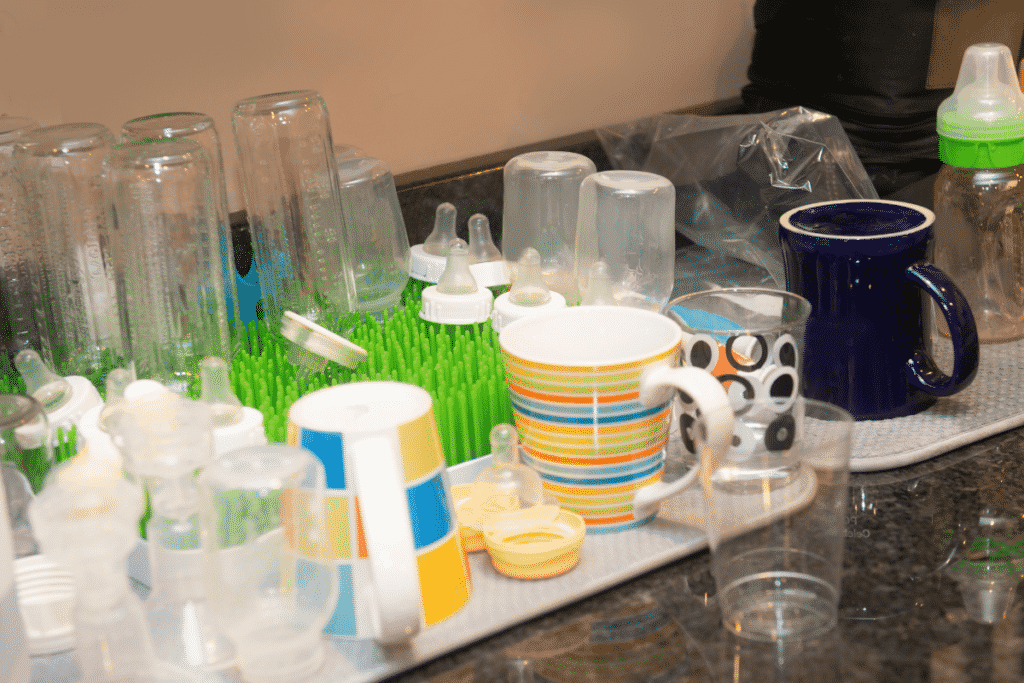
Wash your hands!
While this one seems obvious, it’s too important to skip.
Your hands are covered in germs and bacteria, so it’s important you wash your hands before preparing or handling your little one’s meals.
Check the expiration date
A quick check of the expiration date can help you avoid accidentally feeding your baby old formula.
Check the expiration date before purchasing any formula at the store, and take a glance at it before filling a bottle, just to be on the safe side. You should also pay attention to any signs the formula might have gone bad (clumping, nasty smells, mold, etc).
Use liquid formula
The dangerous germ Cronobacter can only live in very dry environments, such as powdered formula.
Using liquid formula won’t always guarantee your baby won’t get food poisoning, but it will guarantee your little one won’t develop a Cronobacter infection from their food.
Avoid the microwave
Microwaving formula creates hot spots in the liquid, which in turn creates the perfect environment for bacteria and germs to replicate. Yuck.
Store formula properly
Formula should be stored in a cool, dry location.
Make sure you close the can of formula after use, and always handle the formula scoop with dry, clean hands.
Label your formula
Every time you make a bottle of formula, it’s a good idea to label it with the time it was put together.
You can use a small sticker or write directly on the bottle with a dry-erase marker. Having the formula labeled will help you (and your spouse or any babysitters) know when the bottle will go bad.
Throw out the old formula
Once a bottle of formula has gone bad, throw it out immediately.
The longer you wait, the higher the chance that someone else will accidentally feed the old formula to your baby.

